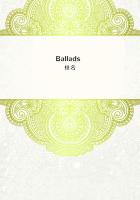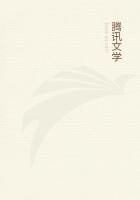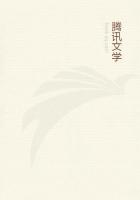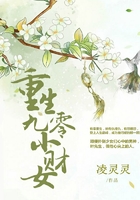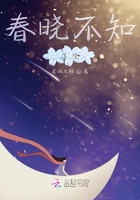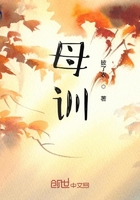We have indeed ample proof that Dante was highly admired in his own and the following age. I wish that we had equal proof that he was admired for his excellencies. But it is a remarkable corroboration of what has been said, that this great man seems to have been utterly unable to appreciate himself. In his treatise "De Vulgari Eloquentia" he talks with satisfaction of what he has done for Italian literature, of the purity and correctness of his style. "Cependant," says a favourite writer of mine,(Sismondi, Literature du Midi de l'Europe.) "il n'est ni pur, ni correct, mais il est createur." Considering the difficulties with which Dante had to struggle, we may perhaps be more inclined than the French critic to allow him this praise. Still it is by no means his highest or most peculiar title to applause. It is scarcely necessary to say that those qualities which escaped the notice of the poet himself were not likely to attract the attention of the commentators. The fact is, that, while the public homage was paid to some absurdities with which his works may be justly charged, and to many more which were falsely imputed to them,-- while lecturers were paid to expound and eulogise his physics, his metaphysics, histheology, all bad of their kind--while annotators laboured to detect allegorical meanings of which the author never dreamed, the great powers of his imagination, and the incomparable force of his style, were neither admired nor imitated. Arimanes had prevailed. The Divine Comedy was to that age what St. Paul's Cathedral was to Omai. The poor Otaheitean stared listlessly for a moment at the huge cupola, and ran into a toyshop to play with beads. Italy, too, was charmed with literary trinkets, and played with them for four centuries.
From the time of Petrarch to the appearance of Alfieri's tragedies, we may trace in almost every page of Italian literature the influence of those celebrated sonnets which, from the nature both of their beauties and their faults, were peculiarly unfit to be models for general imitation. Almost all the poets of that period, however different in the degree and quality of their talents, are characterised by great exaggeration, and as a necessary consequence, great coldness of sentiment; by a passion for frivolous and tawdry ornament; and, above all, by an extreme feebleness and diffuseness of style. Tasso, Marino, Guarini, Metastasio, and a crowd of writers of inferior merit and celebrity, were spell-bound in the enchanted gardens of a gaudy and meretricious Alcina, who concealed debility and deformity beneath the deceitful semblance of loveliness and health. Ariosto, the great Ariosto himself, like his own Ruggiero, stooped for a time to linger amidst the magic flowers and fountains, and to caress the gay and painted sorceress. But to him, as to his own Ruggiero, had been given the omnipotent ring and the winged courser, which bore him from the paradise of deception to the regions of light and nature.
The evil of which I speak was not confined to the graver poets. It infected satire, comedy, burlesque. No person can admire more than I do the great masterpieces of wit and humour which Italy has produced. Still I cannot but discern and lament a great deficiency, which is common to them all. I find in them abundance of ingenuity, of droll *****te, of profound and just reflection, of happy expression. Manners, characters, opinions, are treated with "a most learned spirit of human dealing." But something is still wanting. We read, and we admire, and we yawn. We look in vain for the bacchanalian fury which inspired the comedy ofAthens, for the fierce and withering scorn which animates the invectives of Juvenal and Dryden, or even for the compact and pointed diction which adds zest to the verses of Pope and Boileau. There is no enthusiasm, no energy, no condensation, nothing which springs from strong feeling, nothing which tends to excite it. Many fine thoughts and fine expressions reward the toil of reading. Still it is a toil. The Secchia Rapita, in some points the best poem of its kind, is painfully diffuse and languid. The Animali Parlanti of Casti is perfectly intolerable. I admire the dexterity of the plot, and the liberality of the opinions. I admit that it is impossible to turn to a page which does not contain something that deserves to be remembered; but it is at least six times as long as it ought to be. And the garrulous feebleness of the style is a still greater fault than the length of the work.

